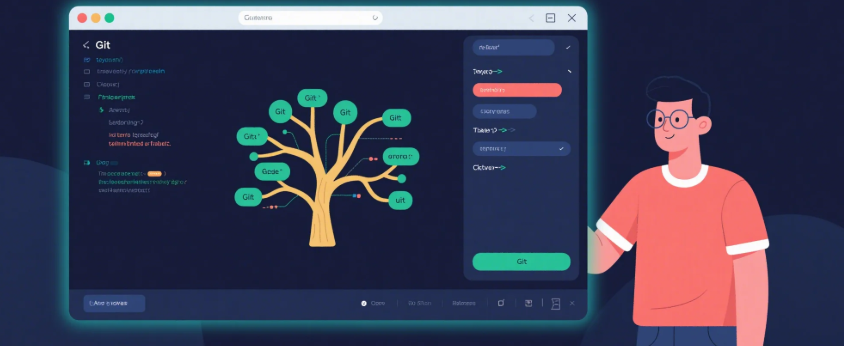Every developer uses Git — but not every developer uses it well. Version control isn’t just a backup system — it’s a workflow, a documentation tool, and a collaboration engine.
Here are essential Git habits to help you work cleaner, smarter, and more confidently:
-
Write Meaningful Commit Messages
Avoid "fix", "update", or "temp". Use messages like "Fix login redirect bug on mobile" or "Add loading spinner to product page". Think: What did you do, and why? -
Commit in Logical Chunks
Don’t throw 15 changes into one commit. Group related changes. Small, focused commits make debugging and reviewing easier. -
Use Branches Like a Pro
Never work directly on main. Use feature branches (e.g. feat/auth-flow), bugfix branches, or experiment branches to isolate changes. -
Pull Often, Push with Purpose
Stay synced with the team. Pull before you push. And don’t push broken or untested code unless you mark it clearly (e.g. WIP = work in progress). -
Learn git rebase (and when not to use it)
Use git rebase to clean up history before merging. But be careful: never rebase shared branches — it rewrites history. -
Use .gitignore Wisely
Don’t commit your node_modules, .env, or build files. Keep your repo clean and portable. -
Tag Your Releases
Use git tags (e.g. v1.0.0) to mark production-ready versions. It’s a simple way to track and roll back stable builds. -
Know How to Undo
Learn git reset, git checkout, and git revert. Mistakes happen — Git has your back (if you know how to use it).
Bonus: Tools like GitKraken, GitLens (VS Code), and GitHub Desktop can improve your Git workflow visually and practically.
🛠️ At MILOQU, we don’t just write great code — we version it with discipline. Our developers follow Git best practices to deliver reliable software that scales.
Start building better → miloqu.com
